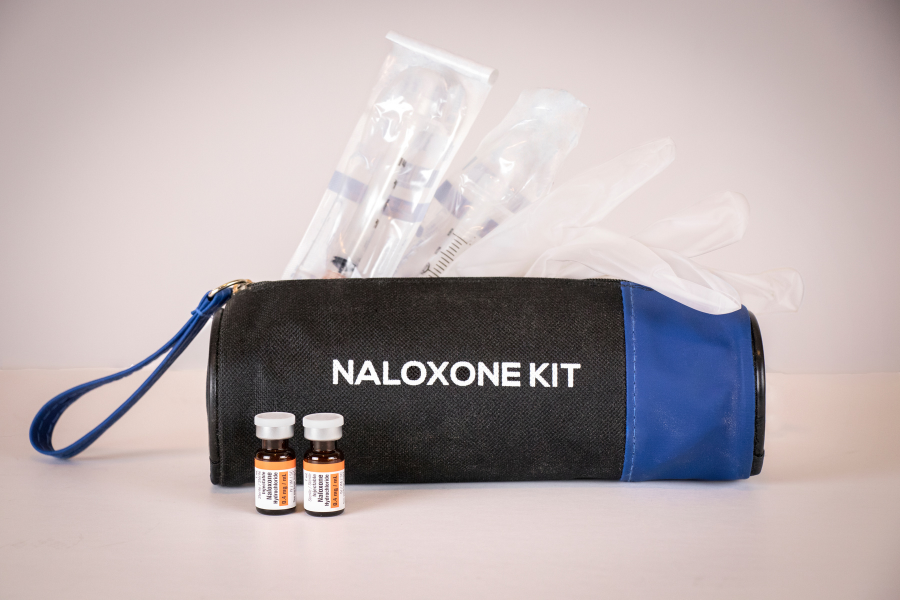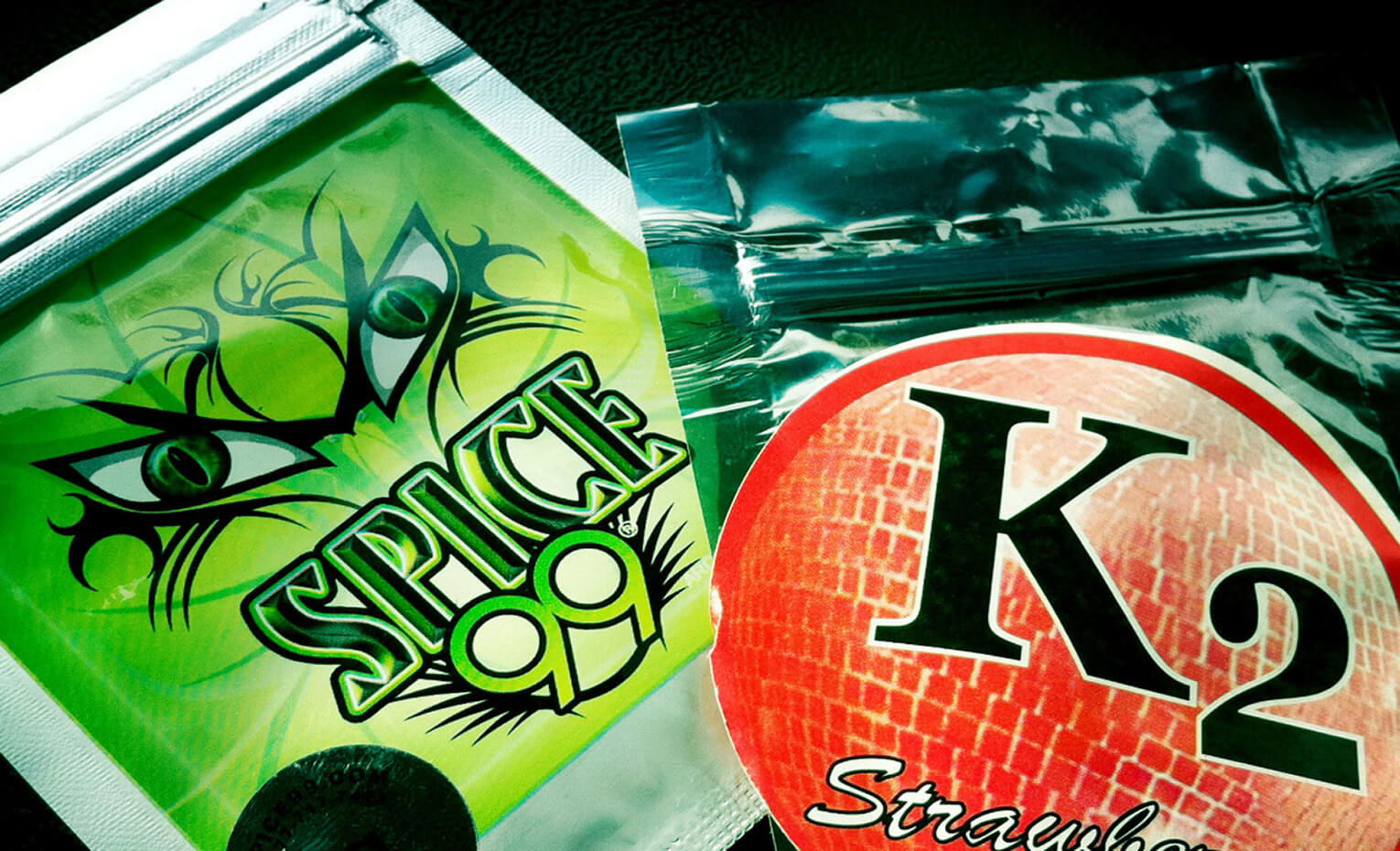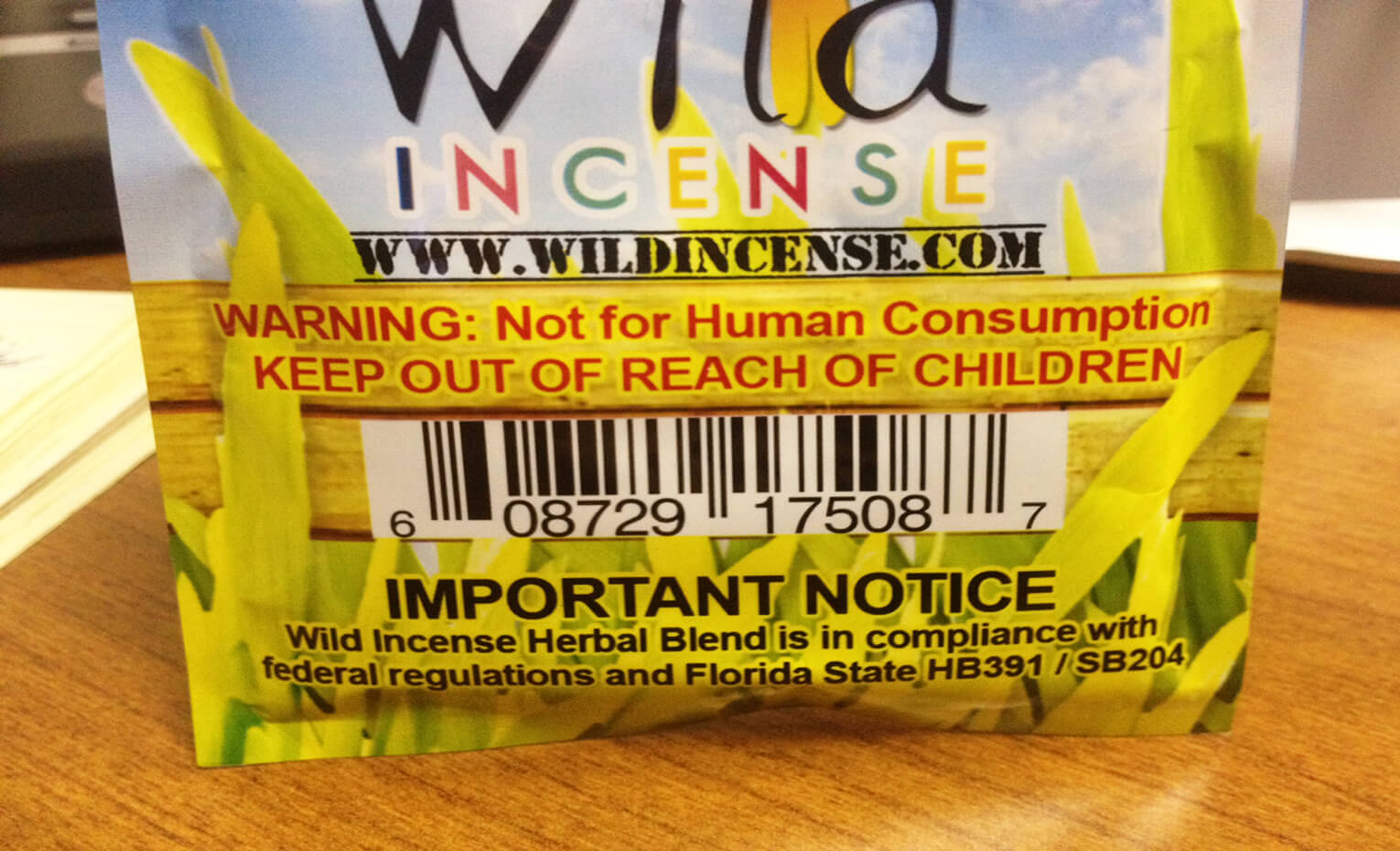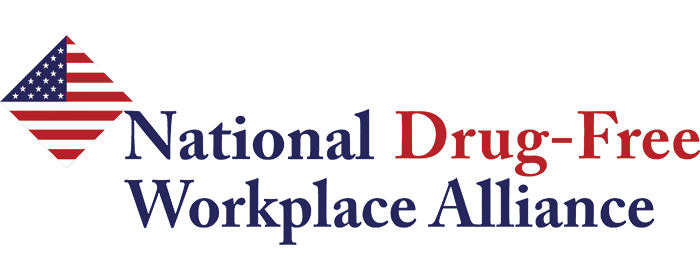Synthetic Drugs
Synthetic drugs, a term that is often used interchangeably with the term designer drugs, are a growing class of man-made, chemically-altered substances that were developed to mimic the effects of illegal drugs. Both of these terms refer to illicit drugs created to evade current laws that control their use, sale, and trafficking. Nationwide, laws have been and will continue to be updated to make these and future various drug compounds illegal.
Synthetics are easy to manufacture and obtain. Parents should be especially watchful.
Read more below.

Addressing Overdose Risks: A Call for Workplace Support for Healthcare Workers
New research covering the years 2008 to 2019 reveals a troubling rise in drug overdose cases among healthcare workers. Nurses, social and behavioral healthcare workers, and healthcare support staff are…
Read More
The Workplace and Fentanyl Awareness
But what if an overdose does happen in the workplace? Nearly 9% of occupational injury deaths in 2021 were contributed to workplace unintentional overdoses.
Read More
Workplace Opioids & Substance Use
The U.S. National Institute of Environmental Health Sciences (NIEHS) has published a comprehensive workplace toolkit for the prevention and response to opioids and substance use.
Read More

Effects of the Synthetic Opioid Crisis on U.S. National Productivity
A final report was released by the U.S. Commission on Combating Opioid Trafficking that emphasized the trafficking of synthetic opioids into the U.S. threatens both the national security and economic…
Read More
Synthetics
Synthetic drugs, also referred to as designer drugs or club drugs, mimic the effects of illicit drugs such as marijuana, cocaine, LSD, opium, and ecstasy. They are often marketed as…
Read More
Common Synthetics & Their Effects
Synthetic marijuana that mimics actual marijuana (K2 or Spice) are herbal mixtures sprayed with chemicals that produce effects similar to marijuana and falsely marketed as "safe," legal alternatives to actual…
Read More
